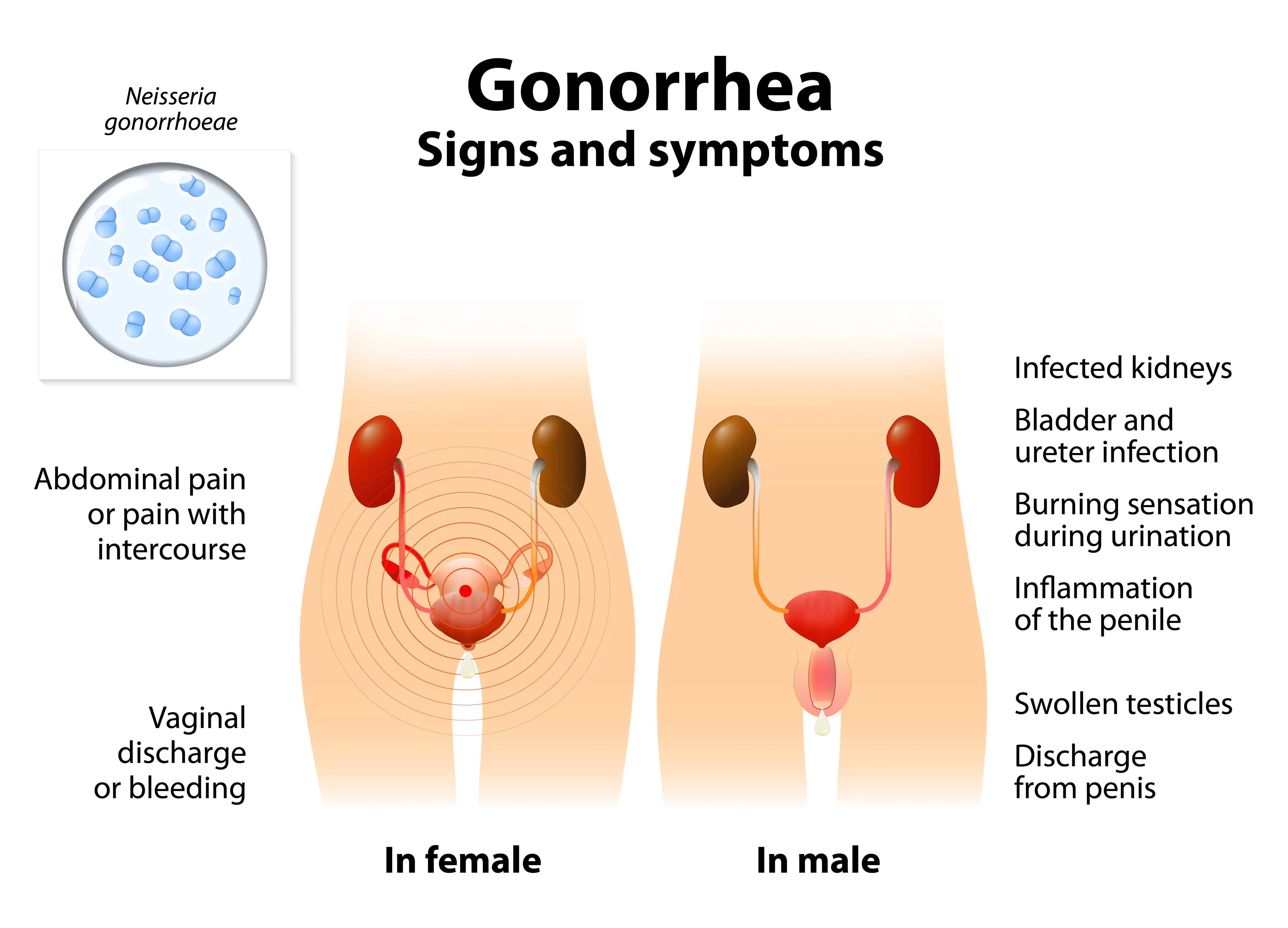- female
- 30 Years
- 01/04/2021
Does posterior placenta mean boy?
Answered by 1 Apollo Doctors
No, the position of placenta doesn't determine gender of a baby.
Dr. Ibrahim Suggests...
Consult a Obstetrician and Gynaecologist
Answered 04/07/2025
0
1


Ask Apollo
AI powered Health Chatbot
-
Correlation Between Placental Position and Baby's Gender:
- There is no scientifically proven correlation between having a posterior placenta and the baby's gender being male.
- The baby's gender is determined by chromosomes at conception.
-
Placental Position:
- Placental location (anterior, posterior, fundal, etc.) varies naturally among pregnancies.
- It is influenced by factors related to implantation and uterine anatomy.
-
Ultrasound and Gender Prediction:
- Ultrasound can identify placental position but cannot predict gender based on it.
Recommendation:
- If you have concerns about your pregnancy or placental position, consult your healthcare provider for personalized information and reassurance.
Answered 20/08/2025
0
0
More Obstetrics & Gynaecology Health Queries
View allI have a 4.5cm dermoid cyst in my right ovary and my doctor recommended laparoscopic surgery. Are hospitals in Indirapuram or Ghaziabad currently performing these surgeries? I've been having bloating on my right side and thigh, and sometimes it gets so bad I can't walk. Is this normal with a cyst this size?
excision of the cyst,gynaec opinion.
Answered by 1 Apollo Doctors
I'm just wondering, how soon into a pregnancy can someone take the abortion pill to end it? Are there any risks if it's taken really early? I'm a bit confused about the safe timing for this option and would love some clarity.
The abortion pill, also known as medical abortion, can typically be taken up to 10 weeks (70 days) into pregnancy, with the most effective timeframe being within the first 7-9 weeks;
Answered by 1 Apollo Doctors
I'm 20 days late for my period, and I'm worried it might mean I'm pregnant. If I am, what options do I have to terminate it?
Yes there is cure for that visit Psychiatrist for appropriate management
Answered by 1 Apollo Doctors
Disclaimer: Answers on Apollo 247 are not intended to replace your doctor advice. Always seek help of a professional doctor in case of an medical emergency or ailment.
 Is placental position related to pregnancy health?
Is placental position related to pregnancy health? 



